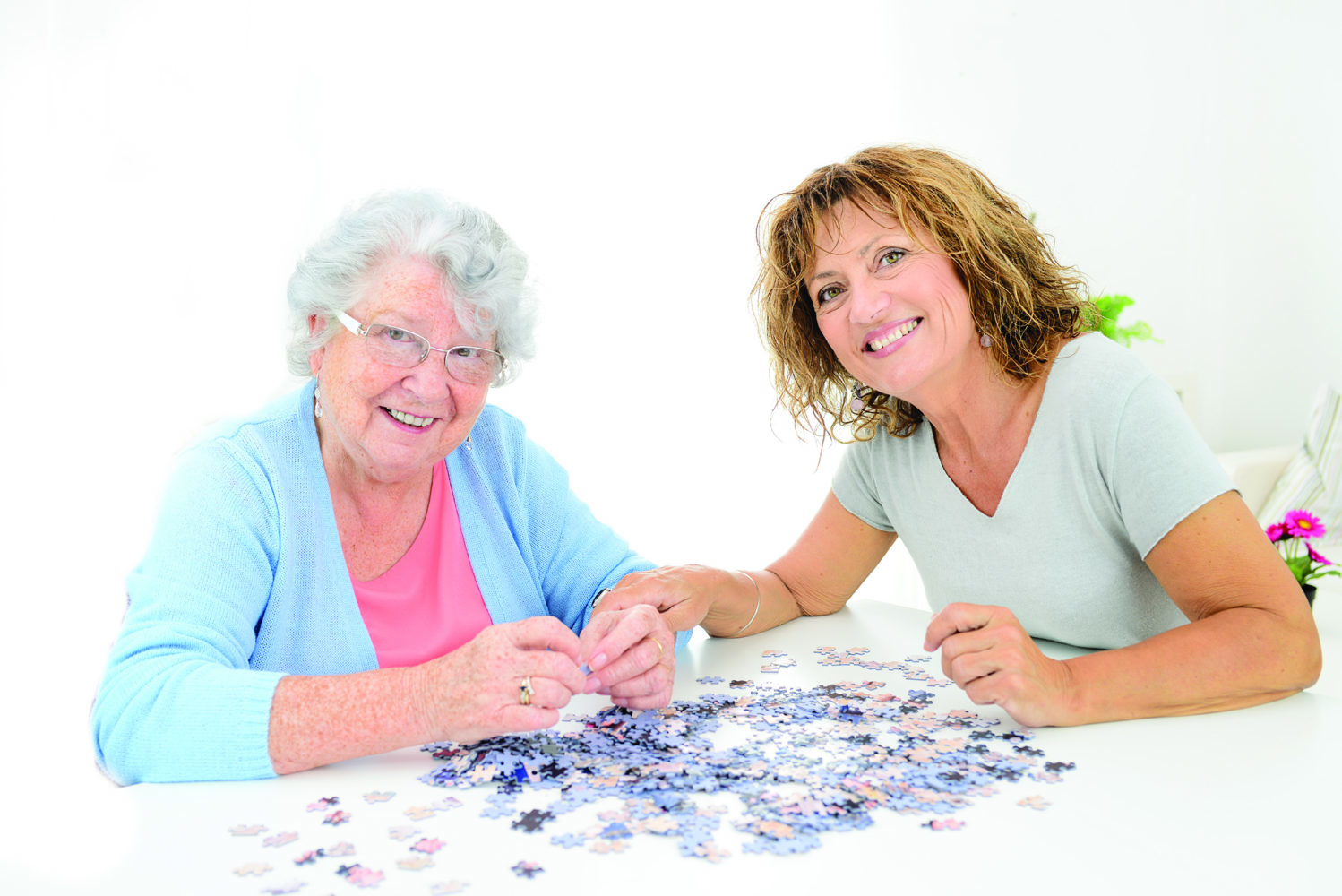
Solutions for Assisting Those Living With Dementia
Mohammed Memon, M.D.
Board Certified in Geriatric Psychiatry
The Carolina Center for Behavioral Health
Families and caregivers of those diagnosed with dementia often struggle with how to handle difficult behaviors. Despite the growing prevalence and public awareness of the illness, there remains a general lack of information and understanding of the disease process as well as managing the issues related with dementia.
The term dementia means that the individual has significant decline in overall brain functions. This decline impacts memory and causes cognitive difficulties. Persons with dementia may or may not have awareness of their brain function deficits. This means that they are quite commonly living as if they are functioning just fine despite evidence to the contrary.
Symptoms may include language and word-finding difficulties, lack of attention, decline in planning and organization skills (managing bills and appointments), problem solving, remembering names, spatial skills and judgment. Spatial skill issues result in difficulty with balance, gait, reflexes and driving. Impaired judgment could possibly render the person vulnerable to personal danger or poor financial decisions.
While there are several types of dementia the most common form is Alzheimer’s disease. Alzheimer’s typically begins slowly and with subtle changes that eventually manifest as dementia later in the disease process.
Dementia frequently comes with changes in personality, confusion, restlessness, depression, anxiety, agitation, aggression, delusions, hallucinations, hostility and non-compliance. Frustration and anger often accompany these changes as the person becomes aware of their deficits and loss of independence. Family and friends may unknowingly contribute to these feelings by being overprotective or overtly controlling of the patient.
So, what are the best ways to get through this difficult time? A team approach involving a primary care physician, psychiatrist, neurologist, and therapists (counselors for the family/patient as well as physical/occupational therapists who deal with day to day functional improvements) is the most valuable and comprehensive approach. Investigating community resources such as the Alzheimer’s Association and Adult Day Programs and educating family members on the disease’s progression, will help everyone in the long run.
Specific techniques related to addressing the person’s feelings can also be helpful in reducing behaviors and improving outcomes. Be creative and customize these approaches to the individual living with dementia:
- Use appropriate communication that focuses on support and reassurance. Persons with Dementia often complain that treating them as if they don’t understand things or as if they are children leads them to feelings of worthlessness and helplessness. Verbal validation of feelings is very reassuring.
- Pay attention while not ignoring or disrespecting your loved one. Appropriate soft, non-intrusive touch and comfort is needed during times of agitation or frustration. Make eye contact and actively engage.
- Take the patient out to eat, to shop, and to enjoy entertainment.
- Play simple physical and mental games. Exercise such as Tai chi keeps the dementia patient stimulated, balanced and motivated.
- Pets, music and aromas can be very therapeutic and soothing. Choose music that is age and noise-level appropriate, as well as animals and scents they will enjoy.
- Sun-downing and anxiety can be helped with a ride in a car, meaningful communication, viewing old family pictures, a change in environment, or an increase or decrease of light and/or noise level.
- Discuss pleasant memories and reminisce about “the good old days.” Persons with dementia are often more comfortable talking about past memories. These memories are usually preserved until the much later stages in the illness.
- Redirect the person if questions and phrases become repetitive. Nicely redirecting to other topics (talking about past weddings in the family, the grand or great-grandchildren, or family trips) may help.
- Give them some household tasks. Using a pleasant tone, assign a simple chore that involves a one-step process. Folding clothes or towels is a great exercise.
Finally, be creative in finding ways that work with a person living with this disease. While persons with dementia may be forgetful, they almost never lose the ability to feel and sense encouragement as well as disrespect. The obstacles they face (and that you face as a caregiver) are there only to be overcome and make the life of a person living with dementia as easy and as happy as possible.
Mohammed Memon, M.D., is a Geriatric Psychiatrist at The Carolina Center for Behavioral Health, the Carolina’s leading psychiatric hospital for seniors located in Greer, South Carolina. He completed his Residency at the University of Missouri and his Geriatric Psychiatry Fellowship at the Medical University of South Carolina.
Dr. Memon may be reached at 864/235-2335.



